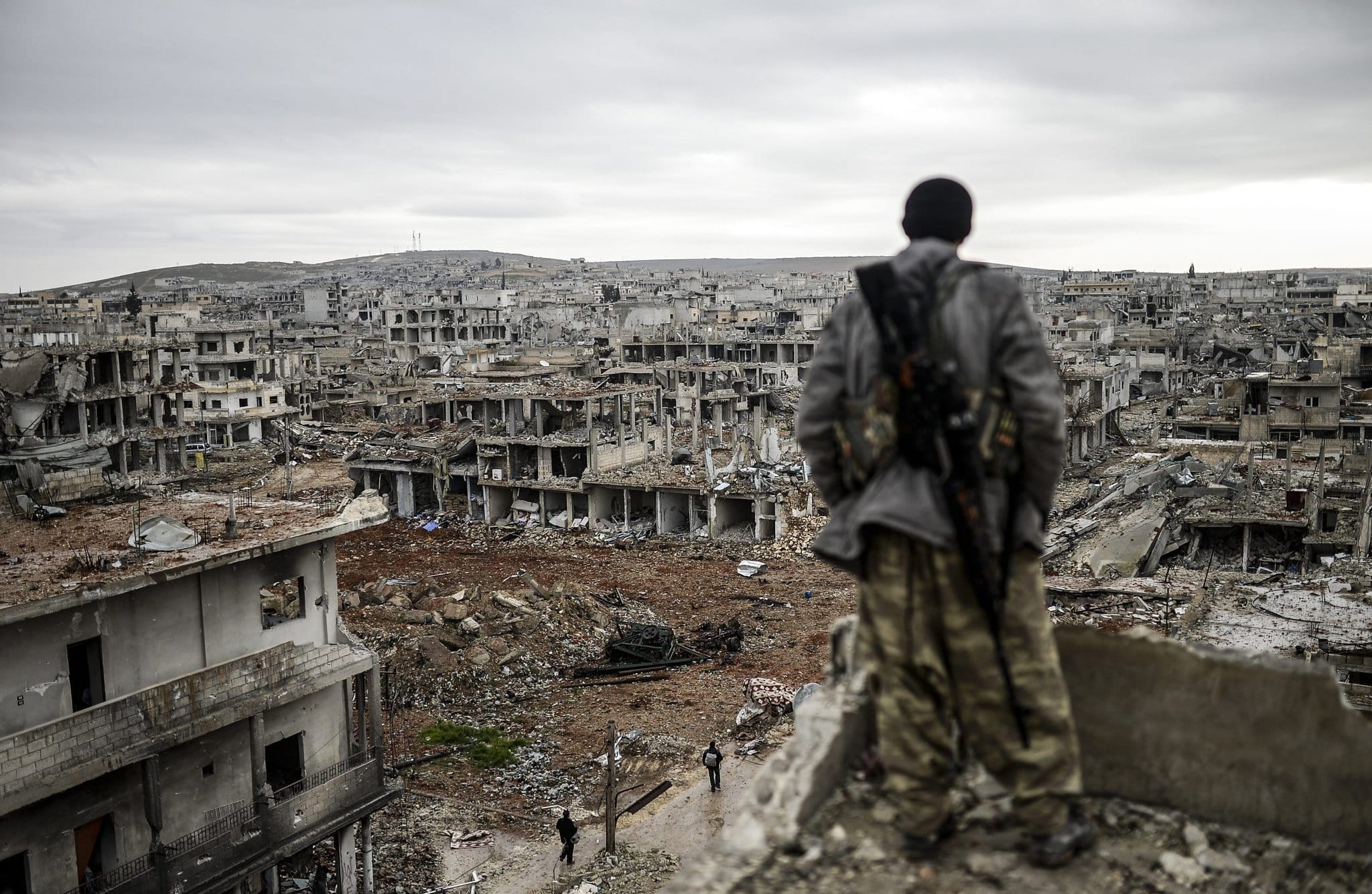In a significant escalation of military confrontations in the Middle East, Israel has launched targeted airstrikes on Iranian soil, resulting in the deaths of four high-ranking military commanders affiliated with Iran’s Revolutionary Guard. This operation not only underscores the deteriorating relationship between these two nations but also raises concerns about broader regional stability amidst ongoing tensions. The airstrikes, which were reported to have occurred in a heavily fortified military zone, are said to have destroyed several weapons caches and have targeted senior officers known for their roles in orchestrating military strategies against Israel and its allies.
The Israeli government has framed these strikes within the broader context of national defense, arguing that action was necessary to thwart imminent threats posed by Iranian forces. In a statement released shortly after the operation, Israeli officials emphasized their commitment to safeguarding the nation against perceived threats from Iran, which has been accused of supporting militant groups hostile to Israel. This incident marks a notable turning point in the long-standing conflict, where military actions are increasingly being taken in response to perceived aggression and retaliation.
As news of the strikes reverberated around the globe, reactions poured in from various international leaders. Among these was former U.S. President Donald Trump, who urged the Iranian government to pursue negotiations rather than continue down a path of confrontation. Trump expressed concern over the potential for further military escalation, advocating for dialogue as a means to resolve the tensions that have persisted over the years. According to him, “Engagement is crucial. Iran should not respond with further violence but rather seek a deal that promotes stability.” His comments highlight the complex interplay of international relations in the Middle East, particularly as stakeholders seek to navigate a landscape rife with conflict.
In the wake of these developments, analysts have highlighted the precarious nature of Iran’s geopolitical positioning. The country has consistently sought to bolster its influence across the region, often through its support of proxy groups in Lebanon, Syria, and Yemen. The recent airstrikes by Israel may galvanize Iranian military responses, further escalating the cycle of retaliation and counter-retaliation that has characterized this long-standing feud.
Despite Trump’s calls for negotiation, the Iranian leadership has adopted a defiant stance, vowing to retaliate against Israeli aggression. This position complicates the already intricate political landscape, with many countries wary of becoming embroiled in a conflict that could disrupt global oil supplies and heighten security threats. The potential for a wider conflict looms large, as both nations display a strong willingness to take decisive military action.
Furthermore, the implications of these strikes extend beyond Iran and Israel, with regional allies and rival states closely monitoring the situation. Various countries within the Gulf Cooperation Council (GCC) are recalibrating their own security strategies in light of these developments. For instance, Saudi Arabia and the United Arab Emirates, traditionally adversarial toward Iran, have expressed concerns about escalating military operations threatening their own national interests.
Diplomatic channels also appear strained in the aftermath of the airstrikes. Efforts by world powers to reinitiate discussions regarding the 2015 nuclear deal have met with skepticism from both sides. The United States, under its current administration, has expressed a willingness to engage with Tehran, while Israel remains adamantly opposed to any terms that could potentially enhance Iran’s military capabilities or influence in the region.
As the dust settles from the recent strikes, the focus shifts to potential future retaliations and the accompanying geopolitical ramifications. Observers speculate that Iran may respond through asymmetric warfare tactics, utilizing its extensive network of regional proxies to target Israeli interests abroad. Such a strategy could manifest in unpredictable ways, further complicating diplomatic efforts aimed at de-escalation.
In conclusion, the recent airstrikes by Israel represent a critical juncture in Middle Eastern geopolitics, embodying the tension between military action and diplomatic negotiation. As Trump calls for Tehran to engage in dialogue, the reality on the ground suggests a much deeper rift influenced by historical grievances, regional rivalries, and international power dynamics. The coming days and weeks will be pivotal in determining how Iran and Israel navigate this precarious situation, with implications that may extend far beyond their borders.


